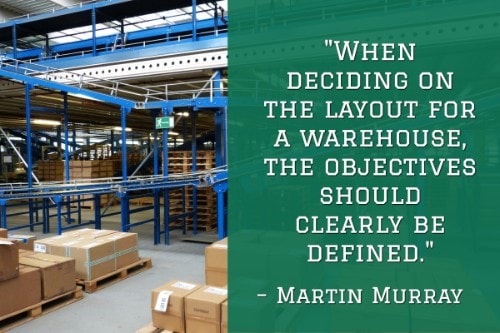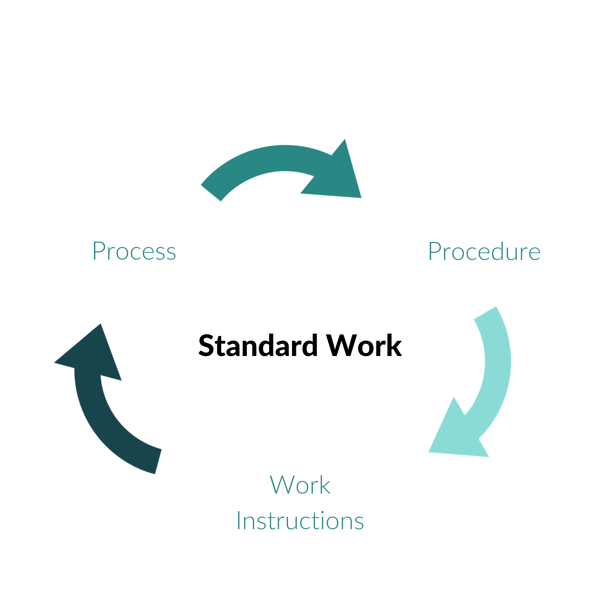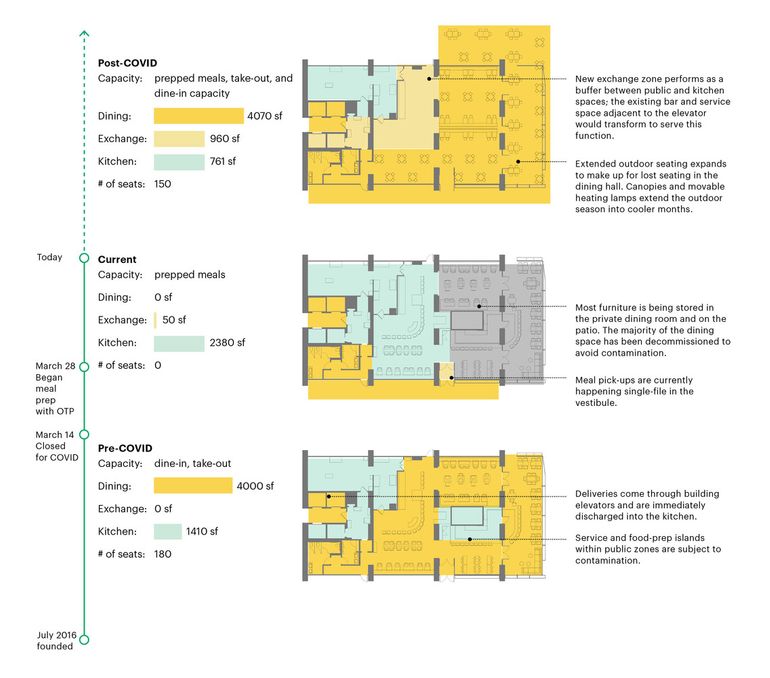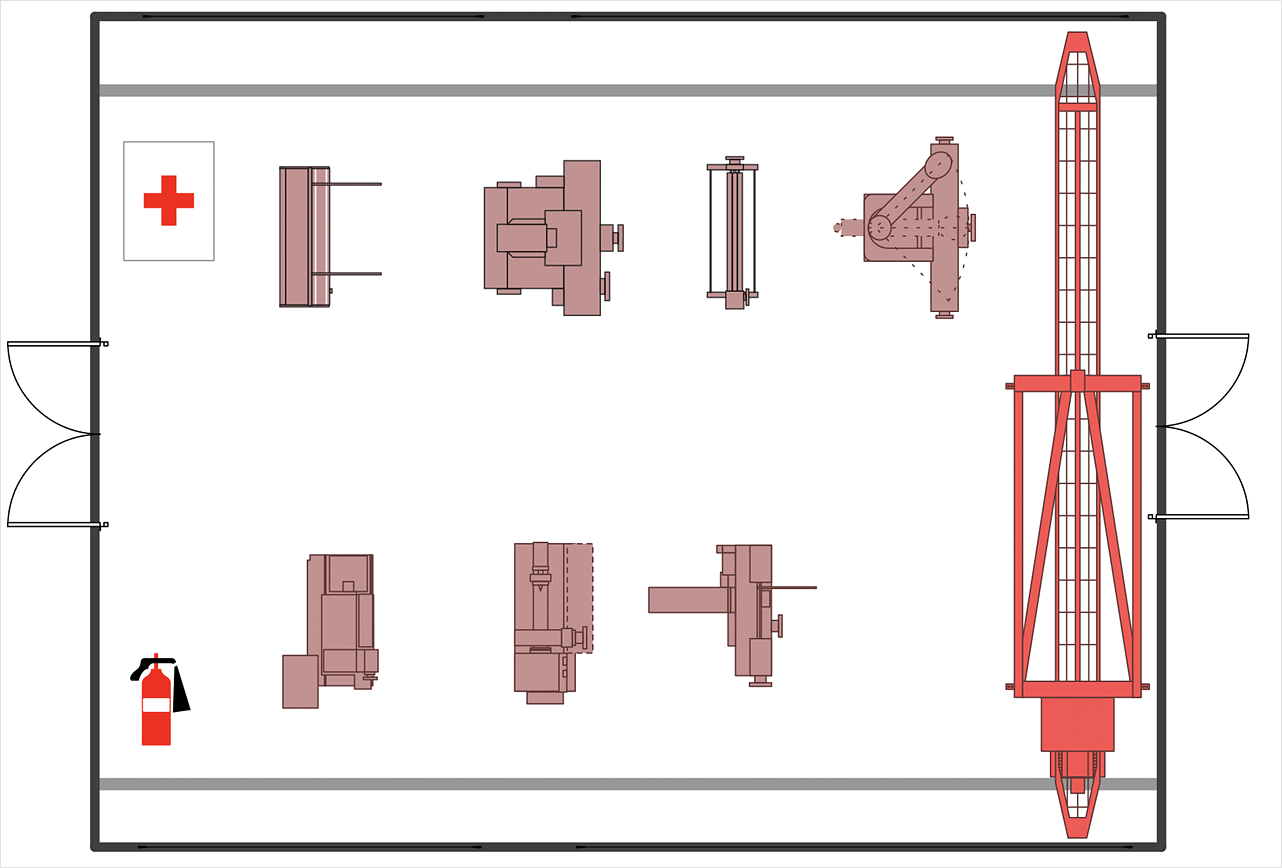Shop Floor Efficiency Meaning

Productivity on your job shop floor requires a team of personnel who can keep everything on track on time and running smoothly.
Shop floor efficiency meaning. To do that they need efficient processes equipment and technology to operate at peak performance. The project manager can use the report to see how long it took to fabricate an item and then compare that to his estimate. Figure 1 adapted from toc ico dictionary page 87. The daily report gives you a way to check your shop s efficiency.
Change how you walk through the shop floor to see if this gives you a new perspective in identifying problems that may have been overlooked previously. It also gives you a starting point for estimating your shop s production capacity. Exercise vigilance regarding employee burnout. The shop floor is ripe for digital transformation.
The shop floor is the location in a retail store where goods are displayed and sales transactions take place. The company has an intensive training program which is intended to give new employees the capability to move from the shop floor into retail management. Adapting to new processes manufacturing or training methods or production requirements is difficult because processes are manual and systems are rigid or function in silos. Sometimes a problem with employee efficiency has nothing to do with an unmotivated employee.
The shop floor may include equipment inventory and storage areas shop floor is the place where design specifications are referred machinery and manufacturing equipment are employed for production parts are assembled or some raw material is processed. Shop floor control sfc is a software system of methods and tools that are used to track schedule and report on the progress of work in a manufacturing plant. Manufacturing operations are still mostly paper based with aging systems also in use long past their shelf life. The shop floor is responsible to produce an intermediate or a final product.
This type of tool is a major part of business process automation which industrial businesses are using to streamline workflows promote efficiency and improve revenue cycles. When work is increased on the shop floor local efficiencies go up and top management is satisfied. Shop floor control systems generally evaluate the portion of an order or operation that has been completed. Below are five tips to help focus your efforts on maximizing efficiencies that lead to higher productivity.
The shop floor is responsible to produce an intermediate or a final product. But maximizing efficiencies results in increased work in process which increases lead times and inhibits flow thereby jeopardizing sales.


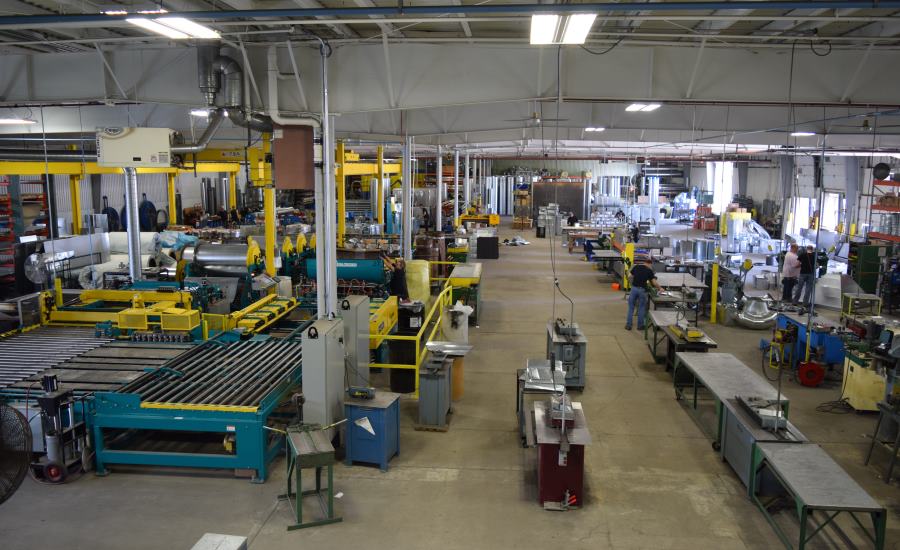


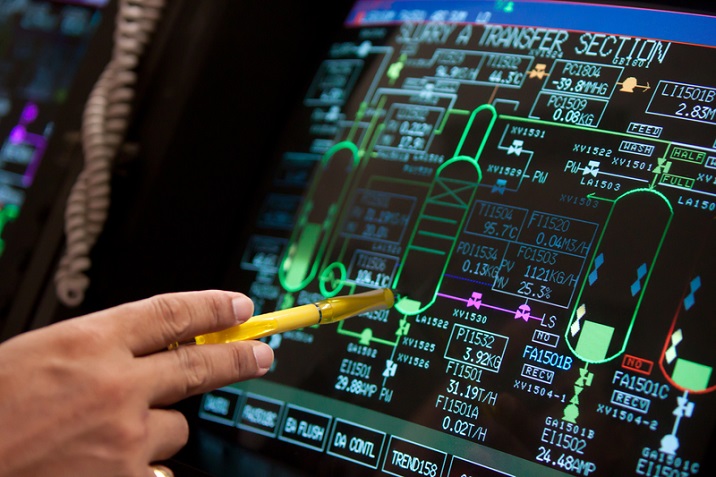
.png)






